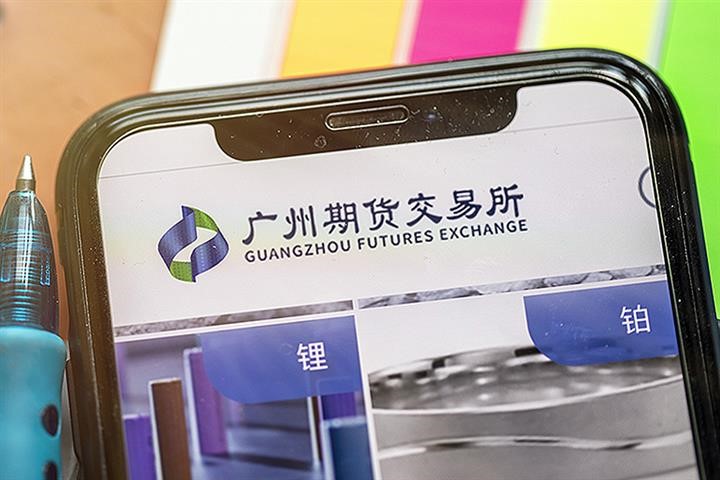

China, the world's biggest manufacturer of industrial silicon, recorded a drop of 1 per cent on Thursday in their debut at Guangzhou Futures Exchange, China's newest commodities market. The market was established year to concentrate on "new energy" elements like lithium and rare earths.

Industry silicon is used in the production of aluminium, aluminium alloys, solar cells and microprocessors. Casting production frequently involves adding silicon to metal. Silicon is added to aluminium to lower the melting point and increase fluidity. In aluminium, silicon alone results in an alloy that cannot be heated, but when combined with magnesium, it yields an alloy that can be heated and precipitation hardened.
The Guangzhou exchange, which claims to be the first market internationally to put up a futures contract for the metal, is the first to introduce the industrial silicon contract. The move is an endeavour to increase China's dominance in the industry. Industrial silicon consumption is anticipated to increase this year to 3.67 million tonnes, up from 2.39 million tonnes five years ago, according to a study released by the exchange and citing data from Shanghai Metals Market.
"Demand is set to be robust with the newly added capacity in polysilicon, rising demand for silicone, and strong aluminium alloys consumption from new energy vehicles," said a Beijing-based analyst.
The most actively traded contract ticked up at the start of trading before falling RMB 190 to settle at RMB 18,310 (US$2,623.17) per tonne on Thursday. A new energy material also traded lithium carbonate on the Wuxi Stainless Steel Exchange, with a volume of 28,742 lots compared to 58,400 lots for the most actively traded contract.
The metal's spot price has remained at about RMB 20,000 per tonne this year, down from more than doubling last year due to supply interruptions brought on by China's power constraints and increasing demand from the new energy industry.
According to the expert, supply is anticipated to increase the following year, turning the market into a little surplus. 3.55 million tonnes of domestic output are expected for 2022 and 3.91 million tonnes for 2023.
"Unlike other commodities where China heavily relies on imports, we are the world's biggest producer, consumer and exporter of industrial silicon. Establishing the world's first industrial silicon futures and using the futures market as a price setting centre will help consolidate China's leading position and increase our influence in the international market." said the Guangzhou Futures Exchange.
Responses








